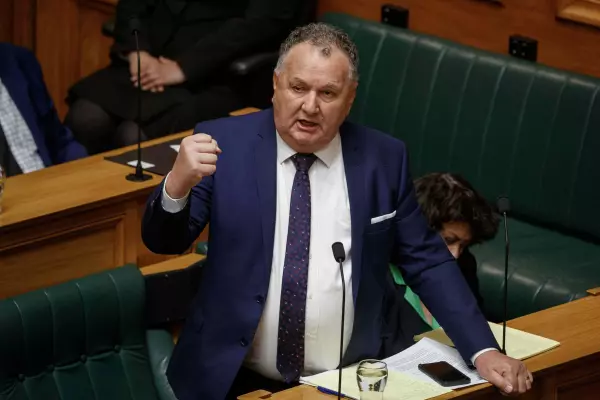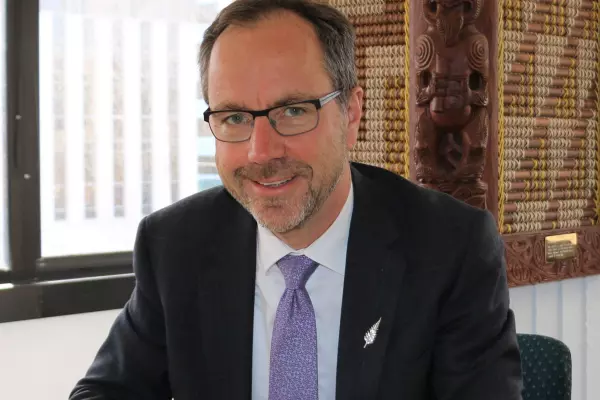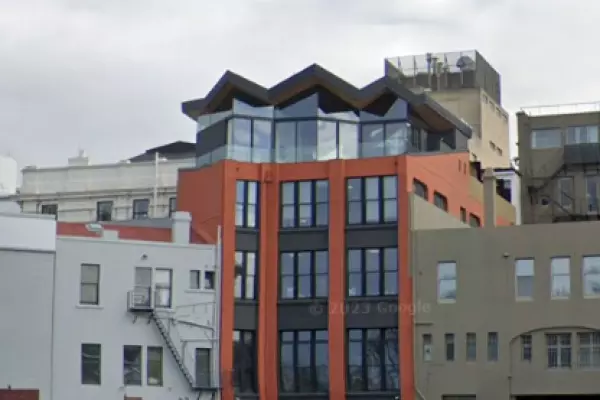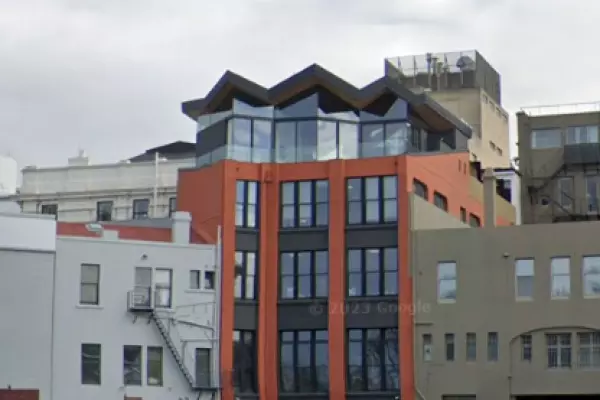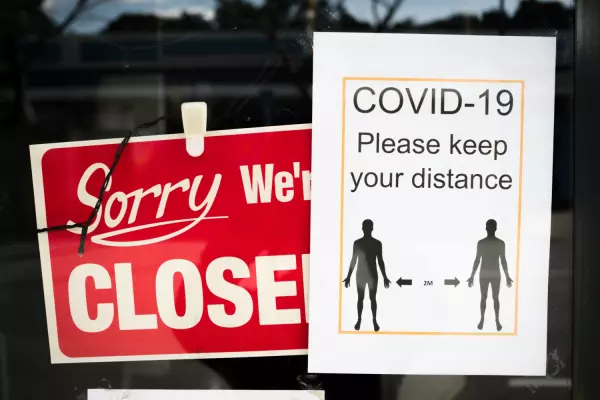With the re-emergence of covid-19 community transmission and the sudden return to higher lockdown alert levels, the arguments that dominated the first period of lockdown are re-emerging too.
The so-called Plan B group, which argues that lockdowns don't work and cause needless economic wreckage, this morning issued its first press statement since the government announced a return to alert level 3 lockdown in Auckland and level 2 for the rest of the country on Tuesday.
And this afternoon, the head of the Auckland Chamber of Commerce, Michael Barnett, was reviving the hardy perennial complaint that if a supermarket can safely sell fresh fruit and vegetables, why couldn't a greengrocer?
At a cafe in Wellington, the proprietor was preparing to sell food and coffee through his front door and fulminating that New Zealand should have followed Sweden or Germany in the unfounded belief that both countries had achieved 'herd immunity' by having little or no lockdown.
The rumour mill is cranking too. After today's 1pm government press conference, a tweet from Newshub reporter Anna Bracewell-Worrall, cleared up the mystery that had sent more than a few well-connected Wellingtonians into a tail-spin this morning. A fast-breeding rumour circulated that the city was moving to level 3 today on the back of a positive case. That seems to have been sparked by a false positive test involving an individual in Wellington taking part in a research programme. At the 1pm government press conference - newly reinstated as a daily national must-watch - this was disclosed, along with the fact that they had been retested and were fine.
An hour or two later, the chief executive of a large NZ company texted BusinessDesk saying his hairdresser had shown him a text from someone who works in a South Island medical centre suggesting they'd been told the whole country was going to level 4 from Monday. He was far from the only person suggesting that health authorities are in high alert mode and preparing for a range of eventualities if the three day lockdown is extended.
Yet surely it would be more surprising if they weren't.
Either way, the capacity for feverish lockdown speculation to become received fact is alive and well again.
A volatile mood
Real-time analysis of social media postings by business consultancy firm Rutherford suggests a more febrile public mood than when the country started its first lockdown.
The announcements that began the 11-week lockdown between March 23 to June 8, when normal life within closed borders resumed at alert level 1, produced more optimistic and confident conversations online, Rutherford said. This time around, there is greater anxiety about the spread of the virus and the possibility of a second level 4 lockdown.
"In the last three days, Kiwis have been expressing anxiety about the possibility of a second lockdown, accessing PPE/masks, quarantine breaches, and the spread of the virus. There is debate about the government’s response in relation to the election and mixed commentary about Jacinda Ardern’s leadership," said Rutherford's report.
Online conversations about covid-19 jumped more than 200 percent following Tuesday’s late-night announcement, with more than 80 percent of the 108,000 social media comments analysed being negative.
“There is still a sizable chunk of people still on board with the decision, but the dissenting voice is louder this time around than it was last time,” Gregg Franco, head of insights at Rutherford, told BusinessDesk. “The debate is much more raging this time around about whether or not the government has made the right choice.”
There was more sadness (23 percent on Aug 11 vs 16.8 percent on March 23), less joy (18.8 percent vs 25.4 percent), about the same level of anger (30.4 percent vs 32.7 percent) and an appreciable increase in disgust, which rose from 10 percent in March to 14 percent in the latest survey.
“A lot of the comments we classify as joy are closer to optimism," said Gregg. "There was hope and optimism following the first announcement but that has gone down 6-to-8 percent this time. There is a lower degree of optimism and confidence in the government this time around.”
Rutherford also found a noteworthy increase in discussion of covid-19 conspiracy theories. In Whangarei this morning, a protest opposing the lockdown was attended by political hopeful Billy Te Kahika who has pegged his campaign—an alliance with disgraced former National Party MP Jami Lee-Ross—on covid-skepticism.
Free the fruiterers!
Fears that a lockdown will lead again to preferential treatment for some industries over others is also emerging.
The Auckland Chamber's Barnett was quick to raise one of the most commonly-mounted arguments of the first lockdown relating to the huge leg-up that supermarkets are given in the tightest levels of lockdown.
“The cost to businesses locked down and out of their livelihoods is too high,” he said. “Why can a dairy open and a supermarket sell fresh fruit and vegetables, but your local greengrocer cannot? It would be much better for the economy and wellbeing of the community to allow shops to operate if they follow the strict compliance and safety requirements that can be enforced for each alert level.”
He questioned the cost of continuing with an elimination strategy for covid-19.
"Without a vaccine we have to learn to live with it. We have to employ robust processes, systems and smart technology to speed up testing, tracking and tracing to contain covid-19 without leaving NZ stranded as an island fortress at the edge of the world.”
Elsewhere, heavy industry that was previously required to shut down, such as wood processing, pulp and paper production and steel mills, is anxious to see whether a new tight lockdown would allow them to operate in the same way as the food processing sector, which was allowed to operate during the level 4 lockdown because of its high quality sanitary protocols and was able to keep earning export dollars.
Plan B
Auckland University epidemiologist and bio-statistician Simon Thornley also took the opportunity to plug his Plan B campaign of opposition to lockdowns, saying that a new covid outbreak was "inevitable, and therefore lockdowns were never a viable repeatable solution – you pay a high price, repeatedly.”
Thornley and a group of fellow medical academics is holding a webinar next Monday, which was previously to have been held at Parliament under sponsorship by the Act party leader, David Seymour.
“As we’re about to experience yet again, lockdowns harm everyone more than the coronavirus does,” said Thornley. “Protecting the elderly, staying at home if you are ill and hand hygiene are the mainstays of reducing the spread of the virus", noting that the government's decision to lock down all aged care facilities in the current alert change is "precisely the solution we advocated three months ago."
- additional reporting by Dan Brunskill





